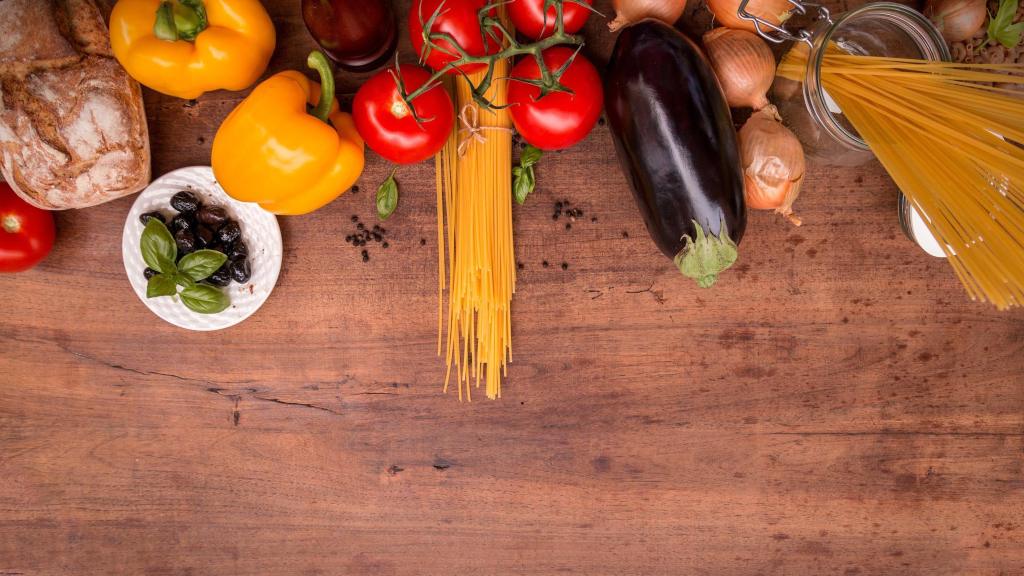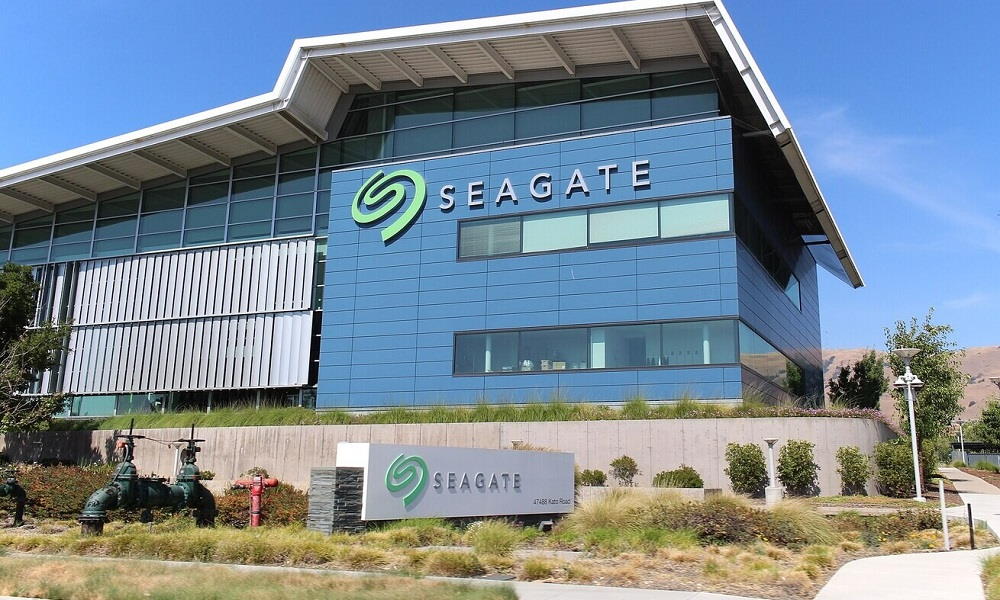
Digitization is increasingly present in any type of economic activity. But if there is a sector that has been particularly favored by its application, it is the restoration.
The Massachusetts Institute of Technology (MIT) states that companies that exploit technological resources and knowledge to innovate in their business improve their net margin by 16%. Delving into the hospitality industry, data from AliMarket indicate that 83.5% of professionals in the sector have digital tools; which can therefore lead to an increase in profits.
The R&D devices they are capable of generating valuable information for decision-making, such as forecasting demand, controlling the volume of waste or increasing sales. In this sense, the incorporation of big data and artificial intelligence in restoration reduce food waste by 30%according to results published by the Japan Weather Association (JWA).
On the other hand, as the software company Last.app states, having a database in the cloud brings added value to the use of available information, since it opens the possibility of accessing it and being able to have business reports, own online store, scalability and price vs. tools separately, in real time. The fact of implementing software like this, without a doubt, can eliminate functions that can be easily automated thanks to digitization.
The technological irruption in the form of computer systems, QR and WhatsApp Business modernize and optimize the restoration. As has been seen in recent years, additions such as the already widespread QR for consulting the menu or payment through the smartphone facilitate orders and increase work efficiency; as well as the growing trend of WhatsApp Business to maintain contact between companies and consumers, consult the online catalog or manage payments for products and services.
Benefits for restaurants
The computer systems have been transferred to the restoration to facilitate all its actions and reduce human errors. Last.app, the Spanish startup dedicated to the creation of restaurant management software, presents the benefits for restaurants of having an all-in-one software for the digital integration of restaurant tasks.
- Manage the restaurant: hardware and software allow control of orders and reservations.
- Help in online management, the online store and the market. By having a database and a demand forecast, the purchase of products can be further adjusted.
- Facilitate delivery and the tools it chains. This system allows you to have total control of the business and its processes; visible both to the entrepreneur and to the customer who has placed an order.
- Manage the establishment: the systems allow you to manage large amounts of information and thus offer personalized reports about the business and facilitate marketing and management.
- Customer service: the attention provided maintains contact with the client and provides help if necessary and provides feedback.
Francisco Gea, marketing director of Last.app, clarifies that “The digital transformation not only provides the above aspects, but also modernizes the restaurant industry, provides it with new products and services, opens it up to new profiles of consumers and employees; and allows us to break into new markets”. In addition, the integration of new technologies benefits both the owners or customers, as well as the environment itself, since it forecasts the demand and then adjusts the orders so as not to exceed the purchase and waste food.



